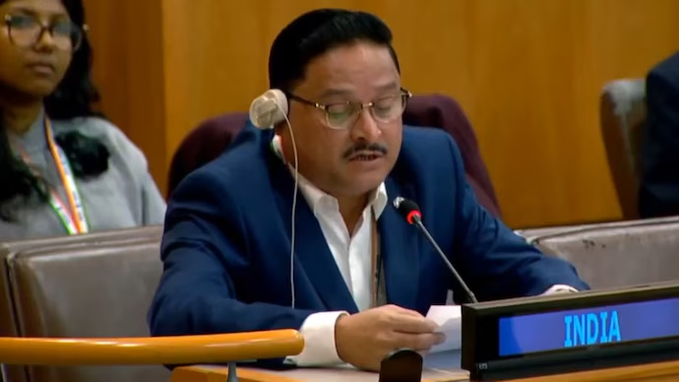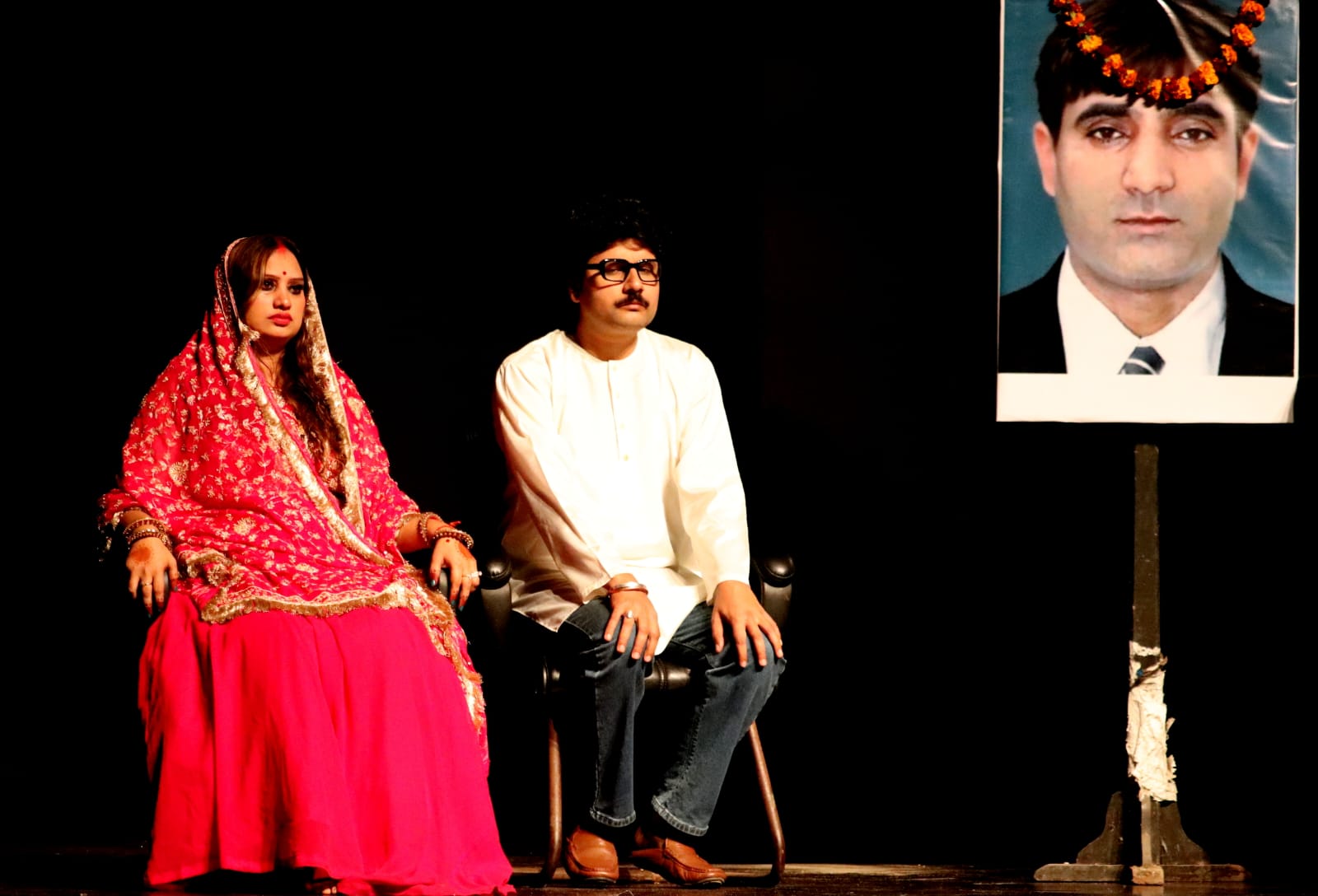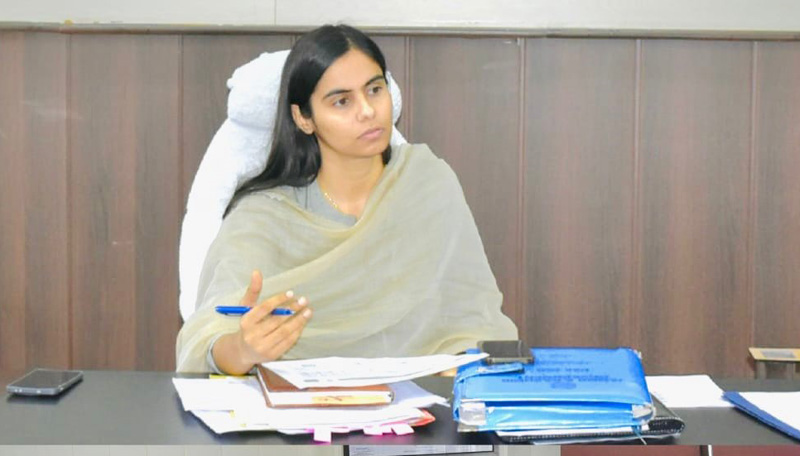India Rejects UN Expert’s “Baseless” Claims Linking Pahalgam Attack to Myanmar Refugees
UNITED NATIONS: India has firmly dismissed what it termed “baseless and biased” remarks made by a UN expert on Myanmar, who claimed that refugees from the Southeast Asian nation were “under severe pressure” in India following the April 2025 Pahalgam terror attack.
Delivering India’s statement on the situation of human rights in Myanmar at the UN General Assembly’s Third Committee, Member of Parliament Dilip Saikia denounced the “prejudiced and blinkered” observations made by Thomas Andrews, the UN Special Rapporteur on Human Rights in Myanmar.
“I express serious objection to the baseless and biased observations in the report regarding my country,” Saikia said. “The claim that the Pahalgam terrorist attack impacted displaced persons from Myanmar has absolutely no factual basis.”
Andrews’ report had alleged that after the attack on Hindu tourists in Jammu and Kashmir, refugees from Myanmar were being “summoned, detained, interrogated, and threatened with deportation” by Indian authorities.
Rejecting these assertions, Saikia said such claims were “devoid of truth” and reflected a “communal and politically motivated” narrative. “India rejects this prejudiced and blinkered analysis,” he stated.
He further cautioned the UN expert against relying on “unverified and skewed media reports aimed at maligning India,” stressing that the country is home to people of all faiths, including over 200 million Muslims — about 10% of the global Muslim population.
Highlighting India’s continued humanitarian engagement with Myanmar, Saikia reaffirmed New Delhi’s support for a “Myanmar-owned and Myanmar-led path” toward peace, stability, and democracy.
“We reiterate our consistent call for an immediate cessation of violence, release of political prisoners, unhindered delivery of humanitarian aid, and inclusive political dialogue,” he said. “Sustainable peace can only be achieved through credible and participatory democratic processes.”
Saikia also expressed concern over the deteriorating security and humanitarian situation in Myanmar, warning that it poses cross-border challenges such as drug trafficking, arms smuggling, and human trafficking.
Underscoring India’s people-centric approach, Saikia noted that after the March 2025 earthquake, India launched ‘Operation Brahma’, providing over 1,000 metric tonnes of relief materials and medical assistance. This, he said, built upon earlier initiatives such as Operation Sadbhav during Typhoon Yagi in 2024 and India’s continued disaster relief efforts.
Andrews’ report further alleged that in May 2025, around 40 Rohingya refugees were detained in Delhi and transferred to the Andaman and Nicobar Islands before being deported to Bangladesh. It said the Special Rapporteur had written to the Indian government regarding these deportations and was awaiting a response.
India, however, maintained that its actions were guided by national security considerations and a balanced humanitarian approach, rejecting any insinuation of targeted pressure on Myanmar refugees.













